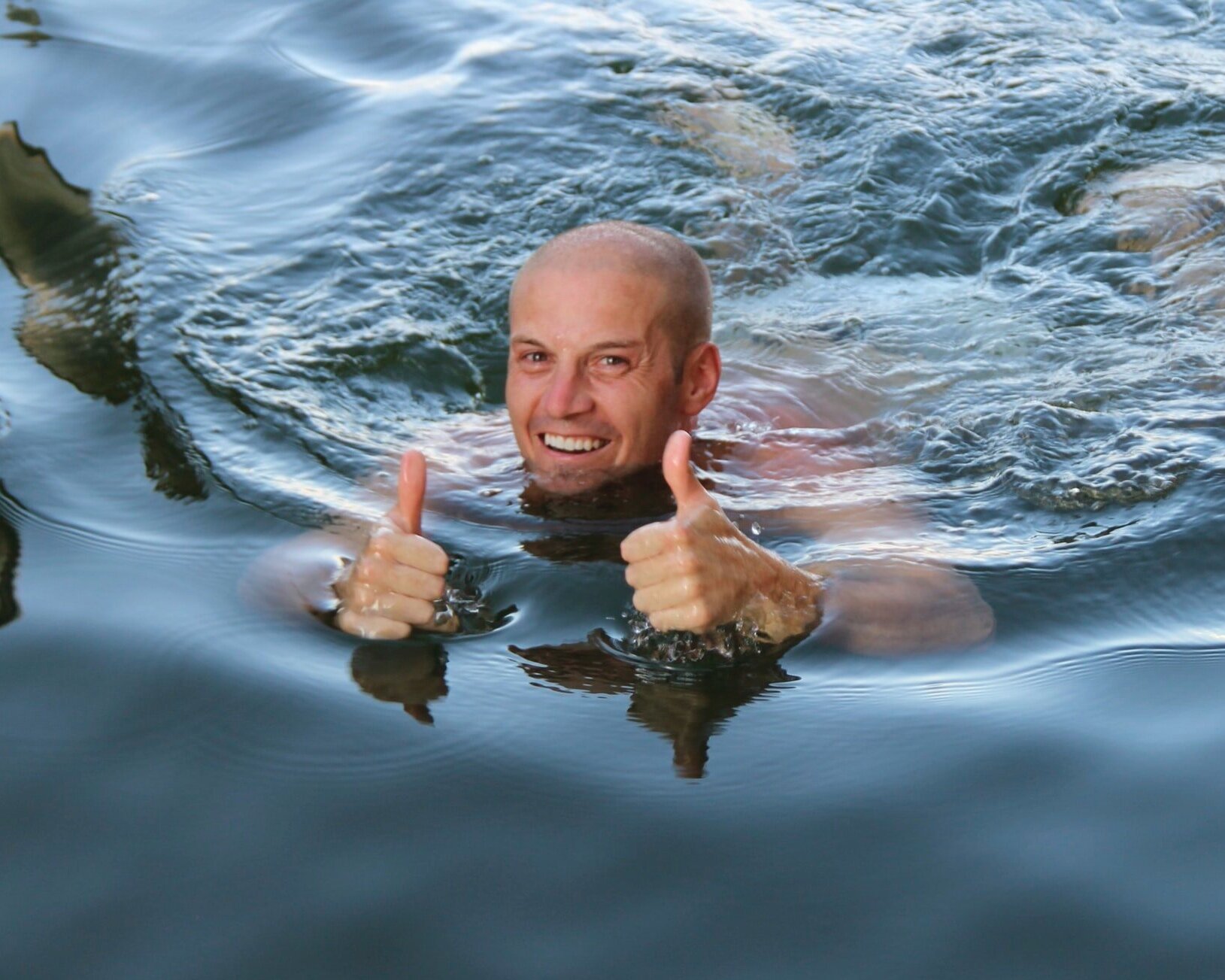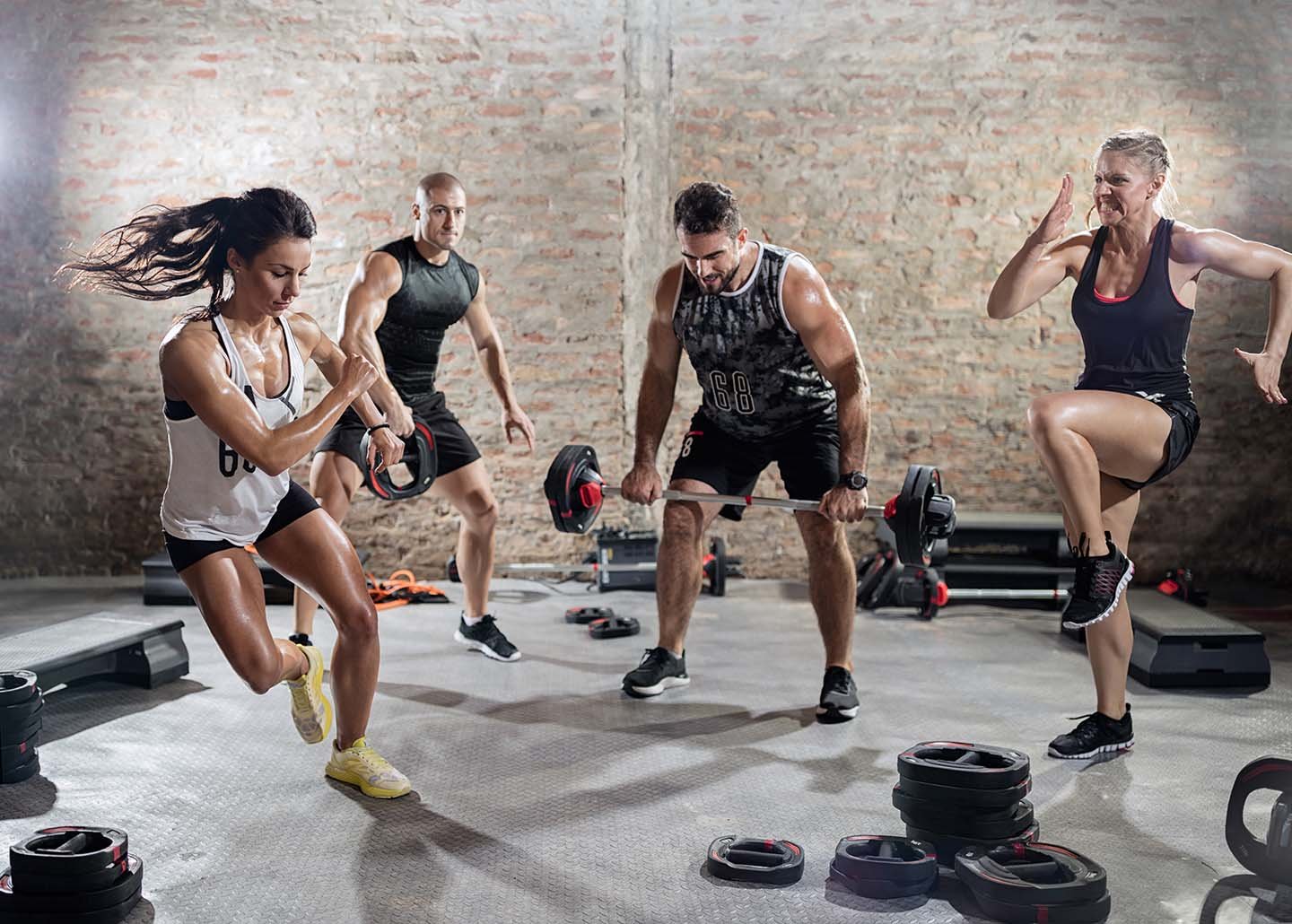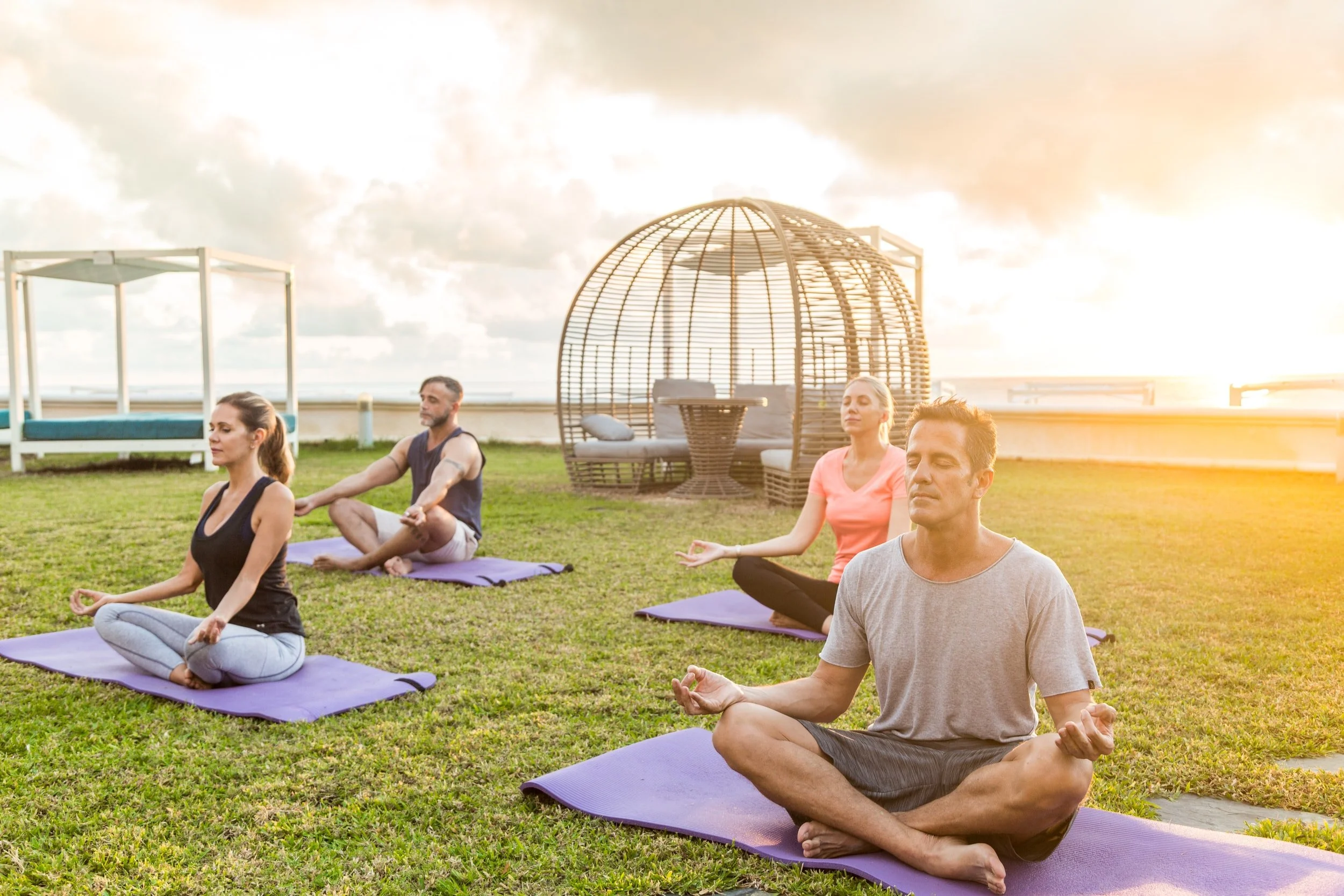How can sports make us smarter?
How sports make us smarter, and why we shouldn't quit sports during quarantine
In this article, we will tell you what role physical activity plays in maintaining health and how to keep fit without leaving home.
Physical activity is absolutely essential for maintaining health. According to the WHO, physical activity reduces the likelihood of certain types of cancer, stroke, type 2 diabetes, metabolic syndrome, high blood pressure, coronary heart disease, and depression. Adequate mobility is the key to cardiovascular, respiratory, and muscle health. Moreover, sport has a positive effect on an organ that takes on a seemingly indirect participation in it - the brain.
Neuroscientist Wendy Suzuki conducted a kind of experiment on herself in 2015. One day, she decided that she needed to change something in her life, and began by taking up sports. After a year and a half of regular training, Suzuki noticed the beneficial effects of the new lifestyle on her scientific activities and began to study this issue closely.
Immediate positive effect after training
Often, people starting to exercise set long-term goals: to improve health and to adjust weight and body shape (how can you not remember the annual preparation for the beach season). This is achievable, but after the first, second and, let's be honest, tenth workout, the changes in these areas are unlikely to be significant. What immediate benefits can you get from jogging, yoga, or aerobics? The first, and perhaps most important, is pleasure.
Exercise is enjoyable by increasing levels of the neurotransmitters dopamine, serotonin, and norepinephrine.
The effect is felt immediately. In addition, after training for a couple of hours, reaction and concentration improve, it becomes easier to concentrate on work. By the way, this is a reason to go in for sports, if not in the morning, then at least in the first half of the day, in order to make the most of the period of mental and physical recovery.
Exercise improves concentration
But the benefits of exercise don't evaporate after two hours. Exercise improves the ability to concentrate on certain tasks, switch from one task to another more easily, and also be less distracted by background noise. During vigorous activity, athletes develop a state of calmness and concentration on what is happening "Quiet eye". This is a short period when a player, before a strike or throw, evaluates the situation and calculates further actions. The ability to focus like this may be more important than physical fitness: a player with a "Quiet eye" is more effective than someone who uses this technique less often. This condition is useful not only for professional athletes. It will be useful to everyone who is forced to make responsible decisions in a short time.
Physical education and sports - Work for the future
Exercise leads to an increase in the volume of the hippocampus, a region of the brain in the medial temporal lobe that plays a crucial role in memory formation. This area is highly sensitive to age-related changes, and exercise can slow aging and the development of conditions such as dementia and Alzheimer's disease. We are not talking about a cure, but it is possible to reduce the risks. Adequate physical activity in adulthood, when many already give up an active life, helps to maintain cognitive abilities in old age.
What exercises should you do?
Physical activity, which the WHO talks about, includes not only sports, but also walks, and household chores- in other words, any active movement. Therefore, you can start small:
go up and down the stairs, rather than using the elevator;
walk at least part of the way to work;
walk around the office or home while talking on the phone.
You should notice- based on this list, it is not necessary to perform sports feats!
The norm for physical activity for people from 18 to 54 years old is 150 minutes per week of moderate-intensity aerobics (brisk walking) or 75 minutes per week of high-intensity aerobics (jogging, swimming, brisk cycling). Time can be spread over the days of the week, such as taking an energetic half hour walk five times a week. Or even break it down into 15 minutes in the morning and 15 minutes in the evening. It is good to add strength training to these exercises twice a week to work out the main muscles. In any case, the main thing is to start.
Push-ups, squats, lunges, and planks do not require equipment and can be performed even at home. Apps like Nike Training Club have a selection of workouts for small spaces - some sets can be done virtually on the spot.













